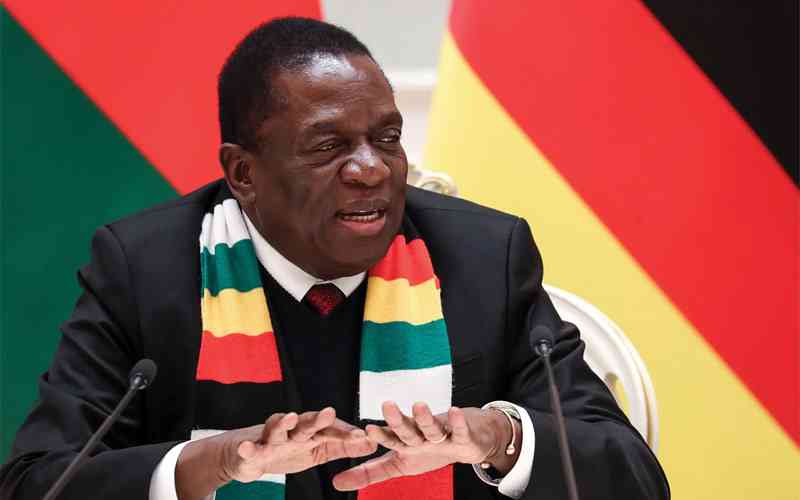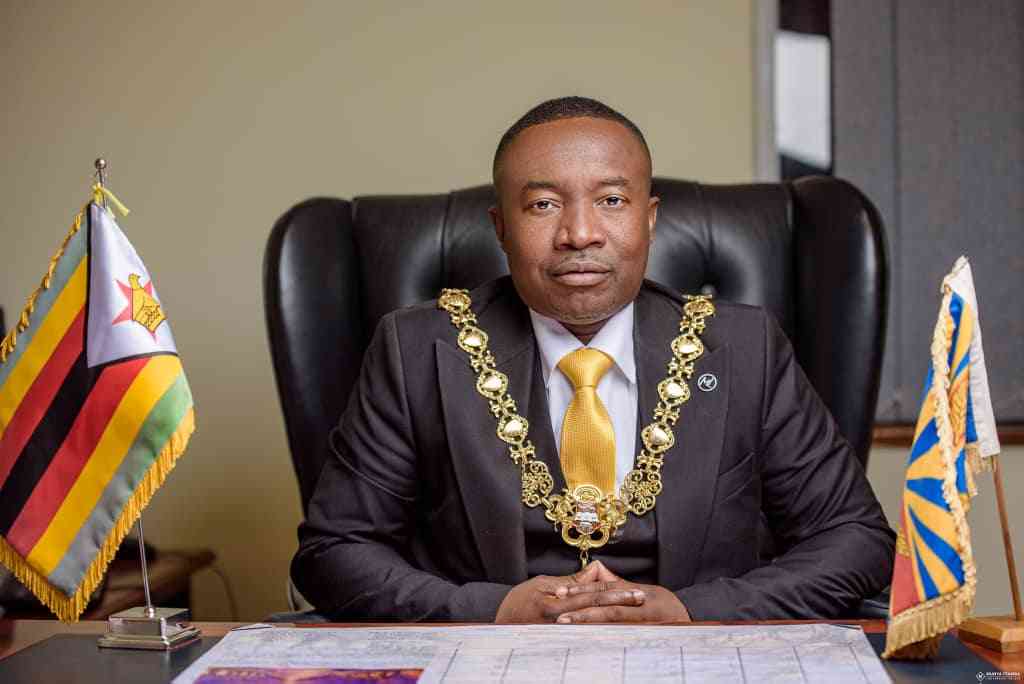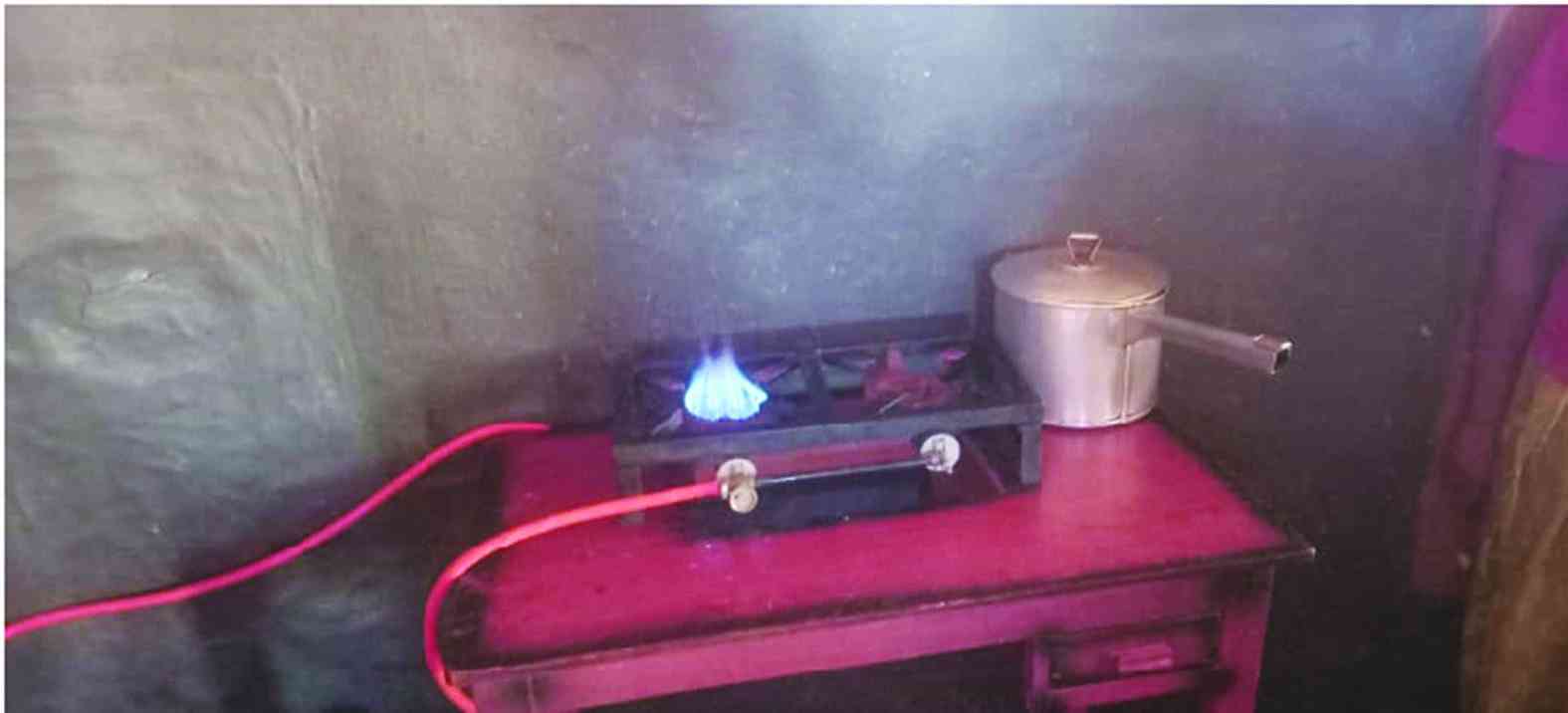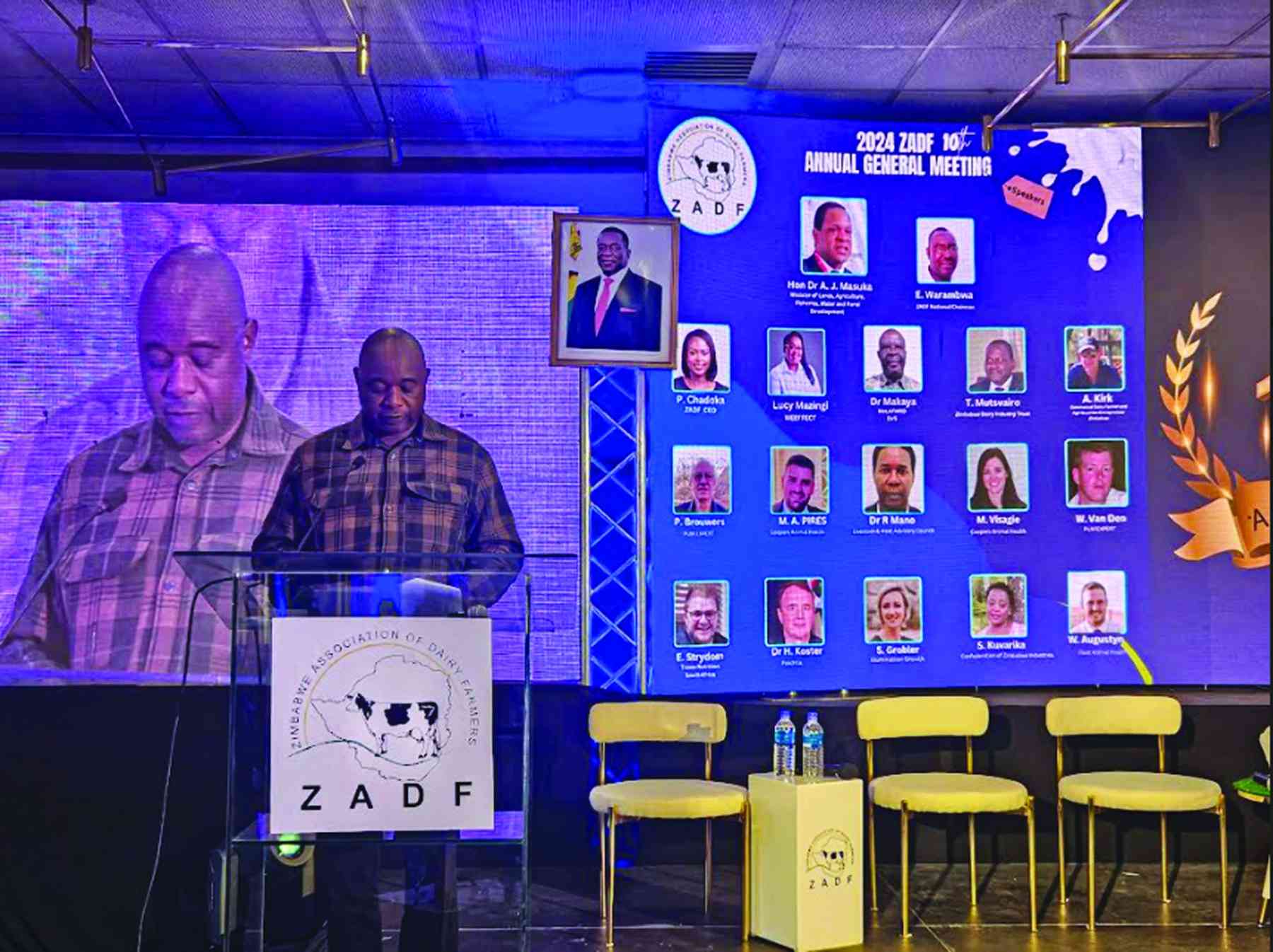
PRESIDENT Emmerson Mnangagwa has scrapped the controversial law that sought to hide details of some procurement processes from the public after a public outcry, saying its gazetting was a fraud, exposing the confusion in his office.
Mnangagwa on Wednesday said the Public Procurement and Disposal of Public Assets Act, which was published in the Government Gazette on Friday last week, had no legal standing despite some government officials coming out in support of the law.
The purported law decreed that procurement of: “Construction equipment and materials; biomedical and medical equipment; medicines and drugs; vehicles including ambulances; laboratory equipment, chemicals and accessories; hospital protective equipment; and repairs and maintenance services of hospital equipment and machinery” shall not be publicly disclosed in ‘national interest.’
This alarmed civil society groups and businesspeople, who felt government was trying to avoid accountability and transparency.
Chief secretary to the President and Cabinet, Misheck Sibanda claimed in a statement that the document had been published without authorisation, and without his signature as was the norm, and that investigations surrounding its publication were under way.
“While further investigations are underway, Government wishes to advise the public that, on the instruction of His Excellency the President, the document in question has been rescinded as it has no standing at law, in policy and in terms of set Government procedures. It thus should be disregarded,” Sibanda said in a statement.
Before Mnangagwa binned the law, Information secretary, Ndavaningi Mangwana had come out in support of the controversial law.
“The idea is to disentangle purchases of emergency medical supplies or critical equipment repairs from the long-drawn procurement process,” he wrote on Twitter.
- Veld fire management strategies for 2022
- Magistrate in court for abuse of power
- Veld fire management strategies for 2022
- Mr President, you missed the opportunity to be the veritable voice of conscience
Keep Reading
“So, the import of the General Notice is not to avoid public accountability but to allow lifesaving procurement.”
He later tweeted the retraction by Sibanda.
According to critics, however, Mangwana’s defence of the defective law showed that some in the government circles were aware of its publication and the implications, adding that it was inconceivable that the law would have been — gazetted and published in official government communications without authorisation.
They said the cancellation raised questions about who was behind its crafting and its publication which they said sought to protect politically-connected criminal cartels and enabling ‘looting on steroids.’
They also said this pointed to the lack of a clear policy on government communications, with officials often issuing conflicting statements.
Anti-corruption watchdog, Transparency International-Zimbabwe (TI-Z) said withdrawing the notice through a Press statement did not inspire confidence in the government and was not enough to dispel the disquiet generated by the abortive law.
“The expectation is that the general notice should have been rescinded by another notice through an extra-ordinary gazette rather than a mere Press statement,” TI-Z executive director, Tafadzwa Chikumbu, told NewsDay in an interview.
“In fact, the Press statement is a clear testament to lack of co-ordination in the institution of government and lack of capacity and expertise, especially after the Secretary for Information Publicity and Broadcasting Services had endorsed the initial statement.
“This compromises public trust of the institution of government, something that the country is struggling with against a background of poor public service delivery and rampant corruption.”
Chikumbu said the response by the Office of the President and Cabinet (OPC) did not make any sense and betrayed fears that there was an attempt to cover for existing corruption cases in the ministry.
“An attempt by government to avoid public disclosure is an expression of how insincere the government is in the fight against corruption,” he said.
Citizens Coalition for Change (CCC) spokesperson, Fadzai Mahere, said the policy inconsistency and confusion around matters as important as public procurement is cause for concern.
“It would appear the right hand has no idea what the left is doing. This does not meet the constitutional standard of administrative conduct that is lawful, reasonable and fair as required by section 68,” Mahere told NewsDay.
“This is more so given the history of corrupt procurement, mafia-like conduct and shady deals in the health sector which even resulted in a Health minister being sacked. We continue to demand transparency in all matters of public procurement and call for the immediate publication of a general notice reversing the unlawful one.”
John Maketo, the Zimbabwe Coalition on Debt and Development (ZIMCODD) programmes manager, said lack of policy consistency in governance matters did not inspire confidence in government.
“So, we need a systems approach that brings about well thought out and well tested policies and practices as opposed to reactionary and off the cuff policy approach,” Maketo said in an interview.
Legal think-tank, Veritas, had condemned the gazette as fuelling corruption.
“In the absence of a legal challenge, Members of the National Assembly should call upon the Vice-President responsible for the Ministry of Health to get the President to repeal the notice. At the very least, they should question the Vice-President on why the notice was necessary — why the nation cannot be told who is supplying drugs and equipment to the country’s health services and how much it is costing us?” Veritas noted.
Veritas urged the Zimbabwe Anti-Corruption Commission to investigate issues involving hospitals procurement and medical supplies.











